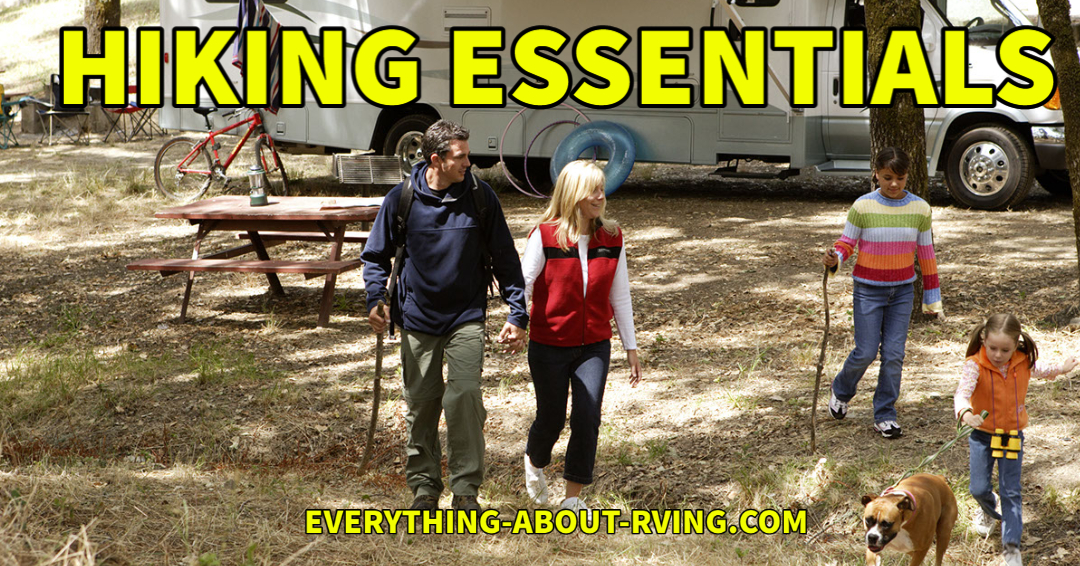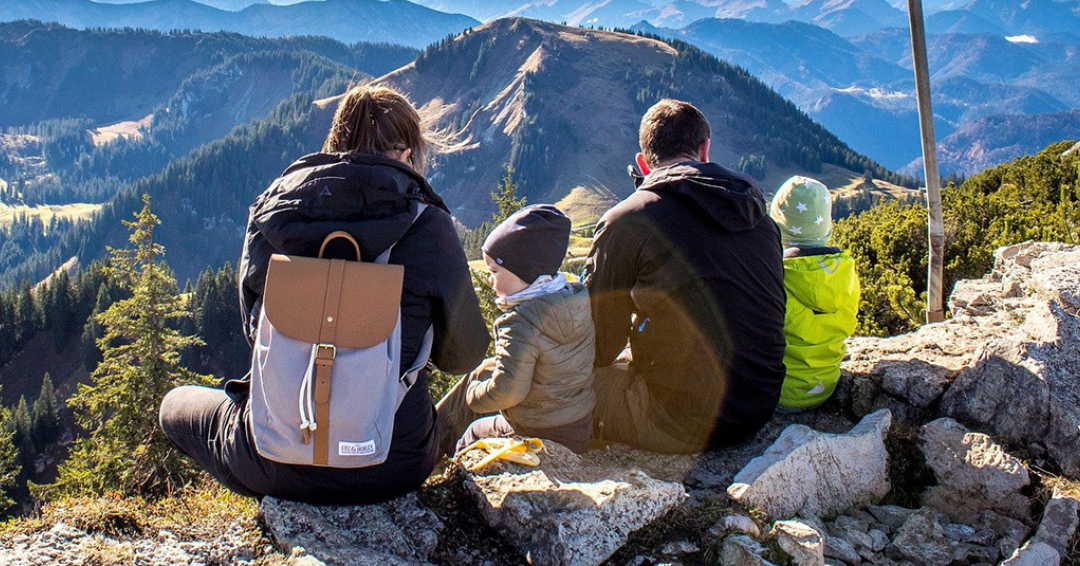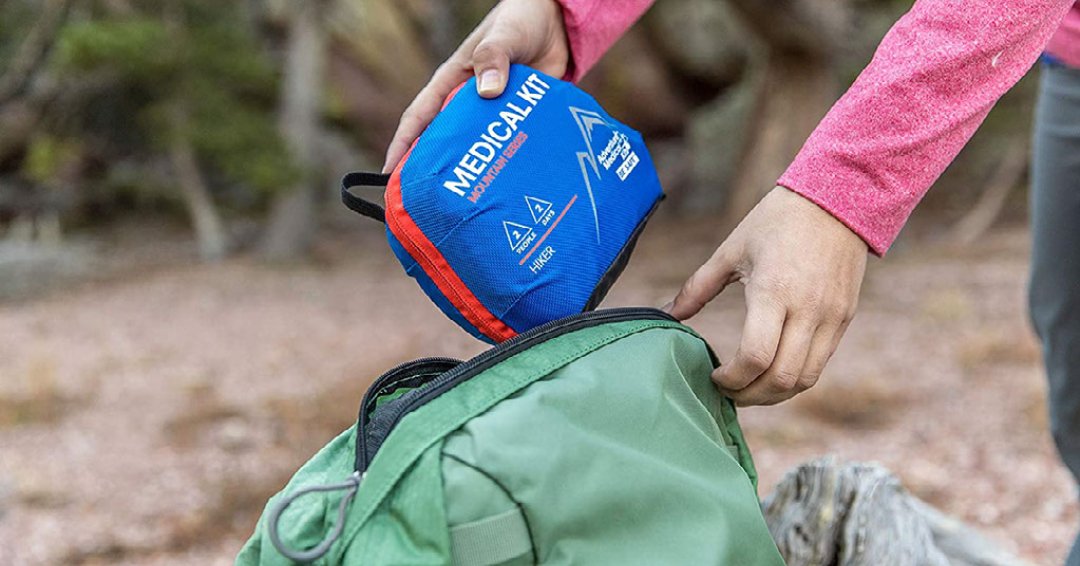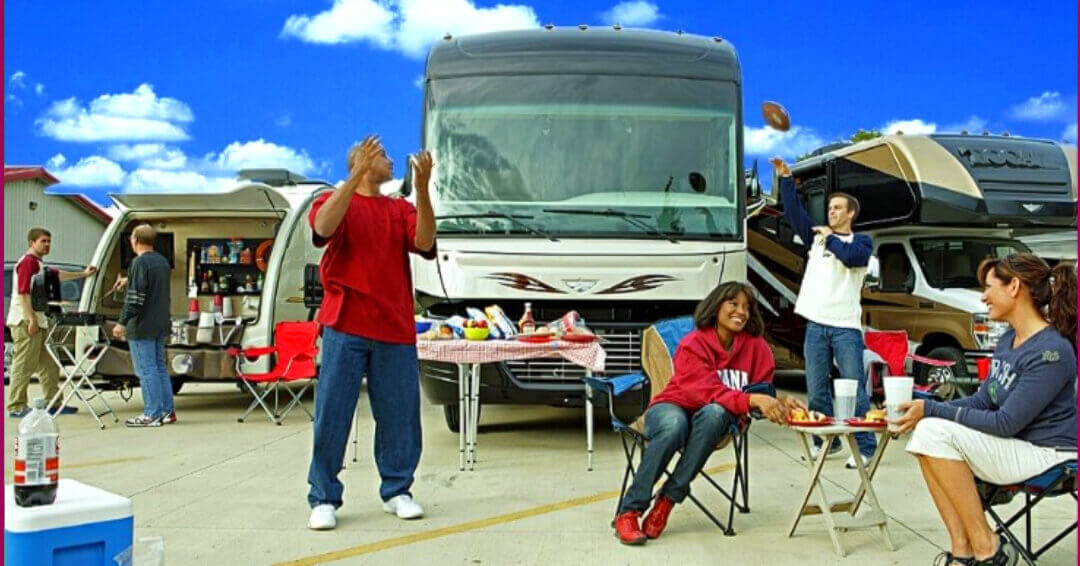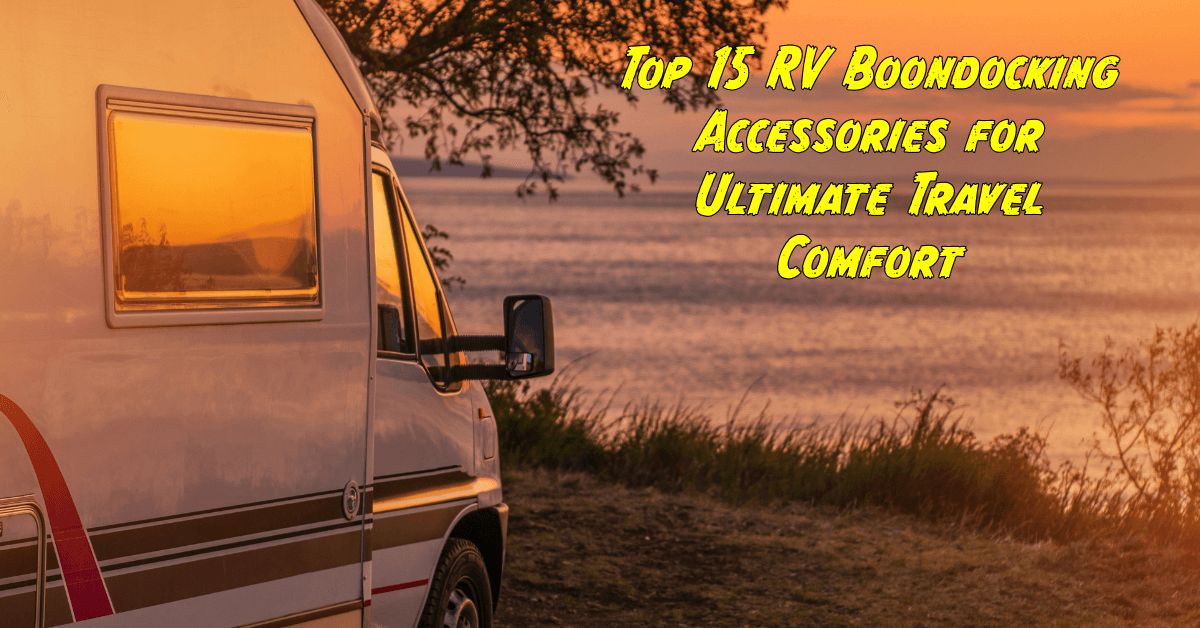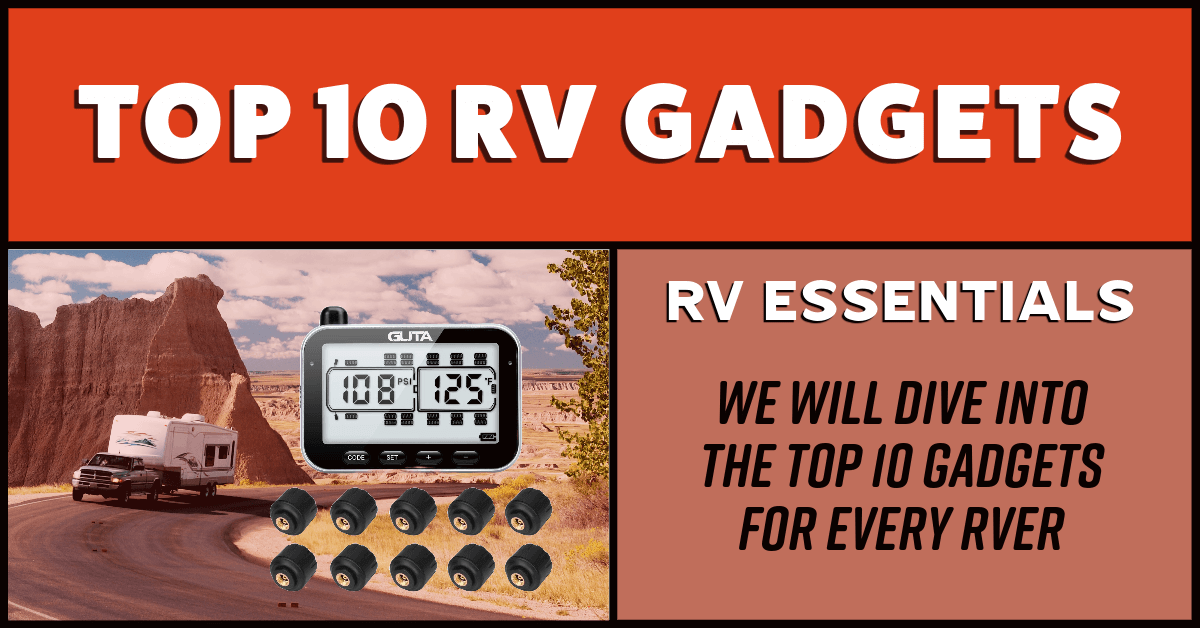- Home Page
- Favorite RV Accessories
- Hiking Essentials
Hiking Essentials
By Samuel Matthews
To make your hiking experience memorable, you must have the right hiking essentials
There is a lot of health, social and other benefits you get every time you go hiking. It helps overcome stress, burn body fat, exercise your body and reduce chances of heart disease. You also get an opportunity to bond more with your friends, family, and colleagues. Above all, hiking gives you a chance to enjoy nature, breathe fresh air, and appreciate environmental conservation.
To make your hiking experience memorable, you must have the right items on your packing list. They include the right clothing to wear, what to eat, drink, help for direction, emergency numbers, and many more. With the right items, you will not regret your decision to go out hiking.
Hiking gear
The right hiking gear depends on several things like weather, altitude, season, and the number of days you plan to be away from home. During the rainy season, you might want to carry a raincoat and hiking boots. Light clothing will do just fine during summer, unlike during winter, when you might require warmer clothes.
If you plan to be away for more than a day on the trek, you might find it more convenient if you plan on living in an RV to help you feel more secure at night. You will have a place to store your supplies, cook, and relax after a busy hiking day.
A compass and a camera
It might be your first time trekking that trail; it’s easy to get lost. If you lose your way back home, you might keep wandering in the wild for many days and probably face a greater danger of attack by wild animals.
With a compass, you can trace your direction back home. Before you leave, ensure you have packed a compass and check to ensure it’s in good working condition. A camera will help capture hiking memories so you can share them with your friends and family back home or on social media.
Emergency numbers
Even with a compass, it might be hard to trace your way back if you wander off too deep into the wild. It might be necessary to call for help from family, friends, tour guides, or emergency services. If you are hiking in an area close to where you live, it can be easier to call for help because you might have several people you can call on your contact list.
In a situation where you are in another state, country, or far away from your home, you may have to call 911. Have local police numbers, medical providers, family doctor, and tour guide if you have hired a tour company.
A First Aid kit is an Important Hiking Essential
While hiking, you should prepare yourself if things go wrong. You might be determined to climb that cliff, hike a trail with loose soil, or walk through a deep forest. During the hike, you might fall and get injured, stumble upon a rock, exposed root, and fall, or fall into a hole.
Without a first aid kit, you might lose a lot of blood or be forced to improvise for bandages. Pack the first aid kit and make sure it has all the necessary items like sterile gauze, bandages, safety pins, gloves, scissors, and so on.
Food and fire
Nothing is more frustrating than to feel hungry and have nothing to eat. You should pack enough food for you and your colleagues, depending on how long you have planned to be away on your hiking expedition. It could be light snacks if you will be away for a few hours or heavy lunch if you plan on staying until evening or for several days. Fire is important, especially at night, to keep you warm or send a signal if you get lost.
Drinks
Hiking can be exhausting, so you need to keep well hydrated. Carry several bottles of water but not too much to become burdensome. You might want to include other drinks like tea, coffee, soda, milk, energy drinks, and so on. It will keep you, and your colleagues refreshed and energized the entire day.
Protective products
Protective products will include items that will help protect you from UV rays, direct sunlight, or bad weather. You should include sunscreen if you are hiking during summer or you are in a desert /tropical area. Pack a pair of sunglasses, gloves, and a walking stick. When the trail gets steeper, the walking stick will be helpful.
Shelter
Even if you are hiking for a few hours, shelter is always important, especially if you are hiking to a higher altitude. Weather conditions might be different on mountain tops, and you might require shelter from rain or even snow. Your colleague or yourself might get injured, and a shelter will help as you wait for help to come. Pack a light tent, light blanket, towel, or sheet.
A map and a wallet
To help you navigate better, a map will be useful during your hiking day, especially if you are new to the geographical area. Apart from your pocket wallet, have a neck wallet to help you safely carry your other valuables like the compass, small torch, whistle, and multi-tool knife.
Conclusion
Depending on the weather, season, and number of days, your hiking list might be different. Sometimes you may require a heavy jacket, raincoat, and an umbrella, while at other times, you might only require light clothing and open shoes. The important thing is to understand your season, trail, time of the day, and the number of days you will be away and pack the relevant items. With the right items in your bag, your hiking trip will be enjoyable and memorable.
About The Author
Samuel Matthews is 33 years old from Manchester. He worked as a journalist and for the Ninjaessays service and has written a popular detective story. He loves to learn new things and socialize. His hobbies are travel, sports, and drumming.
